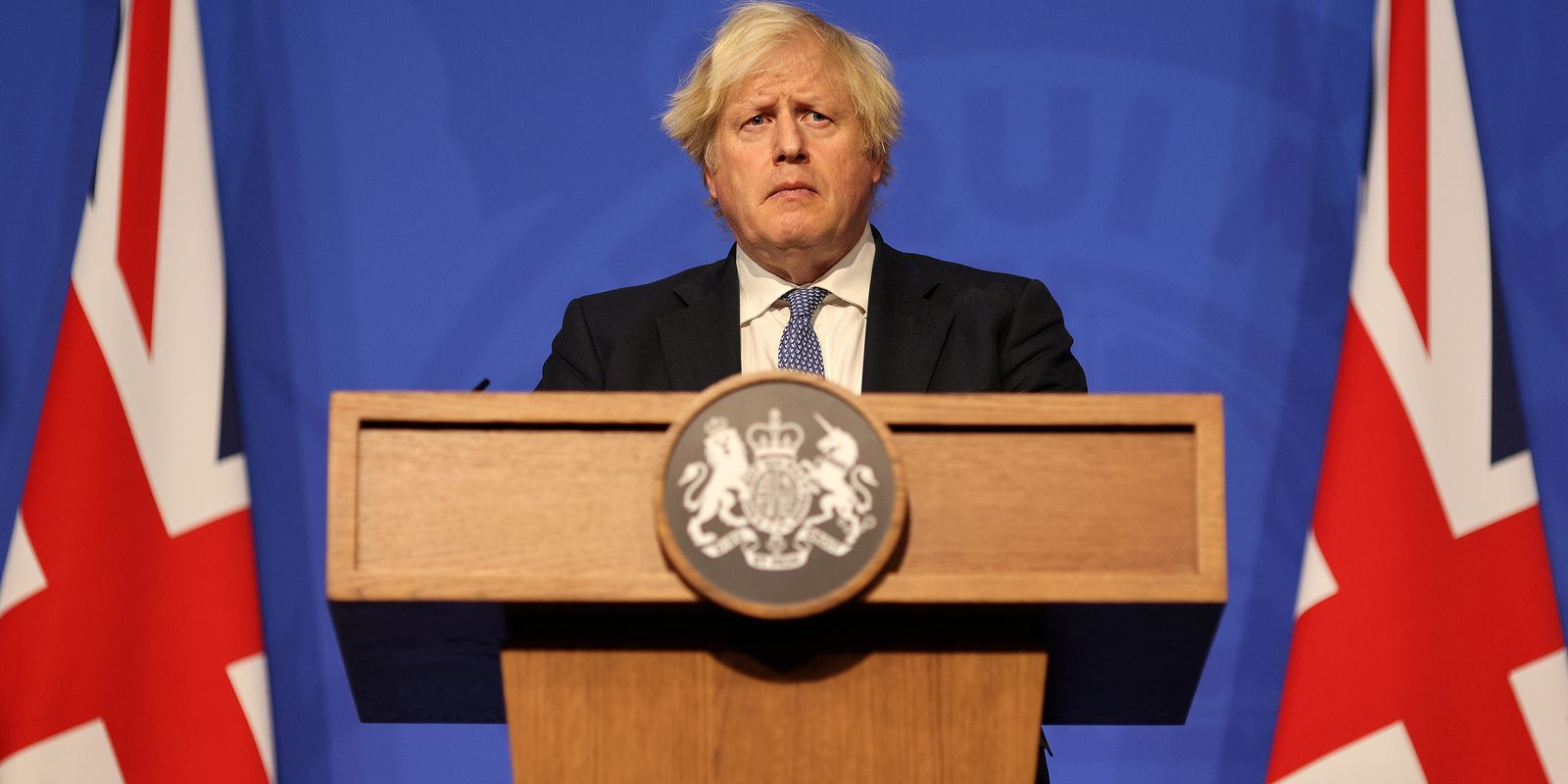08/18/2022 – 18:57
Elaine Menke / House of Representatives
Kokay: There is a crime cover-up scheme in the company
Caixa Econômica Federal employees indicted this Thursday (18) faster in the investigation of complaints of sexual harassment against the management of the financial institution. They reiterated the existence of a permissive culture of harassment at the bank, through grooming employees and covering up crimes.
The subject was debated during a public hearing of the Committee on Labour, Administration and the Civil Service of the Chamber of Deputies.
Reports of sexual harassment inside the bank and external events with the participation of its president, Pedro Guimarães, led to the resignation of the executive in June.
Investigations into the case are being carried out in a confidential procedure at the Public Ministry of Labor, as well as at the State Department of Internal Affairs and at an external investigation company. To date, the processes have not yet been completed.
“It is with embarrassment that I explained to my colleagues here who ask me if there have already been sanctions, progress of complaints, that in Brazil things are going slower. And that the word of dozens of women will still be judged,” reported one of the victims of harassment behind the complaint, bank employee, Carolina Lacerda Tostes, today in Canada.
During the hearing, Tostes did not elaborate on his case, but said it was less serious compared to other complaints. According to her, one of the victims said she heard from former President Pedro Guimarães, the order to “stand up so that I can see if you are wearing a bikini”, before the start of an online work meeting. .
Harassment as a management model
Caixa employee representative Rita Serrano also demanded the complaints be investigated and reiterated the practice of what she called “institutionalized harassment”. She explained that over the past three years, the company has undergone a process of rotation of management positions, as well as the dismissal of several employees who held strategic positions in the bank, without justification, as a form of retaliation.
“Until a time when the president of the company felt free to commit cases of sexual harassment, with the drastic increase in moral harassment and pressure on workers,” he argued.
Another speaking about the toxic work environment in the public company, the president of the National Federation of Staff Associations of Caixa (Fenae), Sérgio Takemoto, reiterated that harassment has become a “management model” in the ‘company.
He cited a Fenae survey that interviewed more than 3,000 bank workers in 2021, in which 60% said they had suffered bullying; and more than 90% have experienced some type of pressure at work.
Elaine Menke / House of Representatives
Rita Serrano denounced “institutionalized harassment” at La Caixa
no punishment
MP Erika Kokay (PT-DF), who requested the hearing, noted that those accused of these crimes were not held accountable within Caixa itself. “Several people from La Caixa have been relieved of their duties, but have taken on other roles, sometimes with higher pay,” he said.
She insisted on the fact that the administrations which do not punish these practices become responsible for them.
Kokay also reported the existence of a crime cover-up system within the facility. “Crime presupposes the existence of networks: a person who attacks directly, the stalker, but there is a network which is built in support of this person,” he explained.
In the same vein, former bank president Maria Fernanda Ramos Coelho pointed out that the discourse of meritocracy within the Caixa “only serves to mask inequalities”.
“What we have seen over the past three years is unjustified job cuts. Not because the person had a bad result, or had not achieved the objectives, but to show that he needed to subordinate himself to the boss,” he stressed.
Elaine Menke / House of Representatives
Takemoto: 60% of Caixa employees have suffered moral harassment
reprisals
The representative of the Public Ministry of Labour, Melícia Alves Mesel, warned against a “pact of solidarity and silence” between the victims of common harassment in the workplace, for fear of reprisals.
To break this paradigm, the prosecutor highlights the importance of the complaint, even if it is an individual initiative. “If a worker denounces, others come in tow, because they feel encouraged,” he reinforced.
Coaching
As a policy against harassment, the representative of workers in the financial sector of the Central Única de Trabalhadores (CUT), Fernanda Lopes, suggested specific training aimed at informing about what constitutes the crime of sexual harassment.
“A woman’s body is hers, so if she didn’t allow you to shake her hand, that’s already a violation,” he said.
Report – Emmanuelle Brasil
Editing – Roberto Seabra

“Freelance communicator. Hardcore web practitioner. Entrepreneur. Total student. Beer ninja.”







